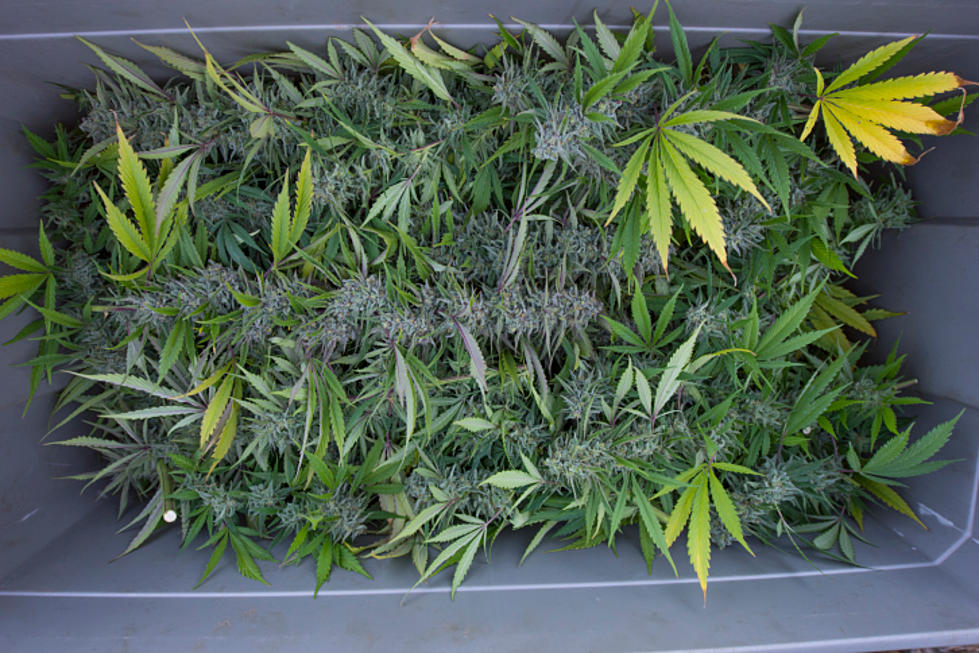
Legal weed in NJ — how will it impact arrests, graduation rates, and more?
New Jersey's recreational marijuana market could launch as soon as mid-March. How will it affect residents of the Garden State?
Ahead of the big day, a first-of-its-kind study out of Rutgers University-Newark looked at present Garden State trends related to marijuana usage to see where the state currently stands and to help to predict how a legal market could impact New Jersey's active users and non-users, both positively and negatively.
"This is literally a baseline report of what we should be looking at and where we are now," said Charles Menifield, the study's principal investigator and dean of the Rutgers-Newark School of Public Affairs and Administration.
Marijuana arrests in NJ
Although retail sales will be legal, and possession of smaller amounts won't be considered a crime, arrests will still occur, Menifield noted. And current statistics suggest younger, as well as Black residents, could be cuffed the most.
As recently as 2019, the report notes, Black residents were four times as likely to be arrested, compared to white residents, for possession of cannabis. Also, arrest rates for those aged 18 to 20 were considerably higher than any other group.
"It's important to know who's been arrested in the past because it could very well dictate who will be arrested in the future," Menfield told New Jersey 101.5.
Marijuana legalization impact on education
Among a number of factors examined in the report, which aims to guide state policy as legalization inches closer, was the educational outcomes of youth in New Jersey.
In 2021, New Jersey had one of the highest graduation rates and one of the lowest dropout rates in the country.
"Now we're introducing drugs at the retail level. It could have an impact on graduation rates as well as dropout rates, particularly among minorities," Menifield said.
Data also show that Black youth are suspended at a rate more than two times that of any other group, according to the report.
Legalization's effect on marijuana usage
The report notes that marijuana usage in New Jersey is slightly lower than usage across the U.S.
"Although there are clear positive benefits to legalizing recreational marijuana, we argue that it is incumbent upon policymakers to examine the data in this report closely and create protocols that will minimize the negative impact of recreational marijuana use on active users and non-users," the report says.
The report recommends solid collection of data to understand the full scope of legalization. It is possible to successfully regulate the industry while at the same time maintaining protocols that protect New Jersey residents, according to the report.
"The availability of data is not as strong as it could or should be," Menifield said.
Dino Flammia is a reporter for New Jersey 101.5. You can reach him at dino.flammia@townsquaremedia.com
Click here to contact an editor about feedback or a correction for this story.
Update: NJ arrests in Jan. 6 U.S. Capitol riot
2021 NJ property taxes: See how your town compares
More From 92.7 WOBM










